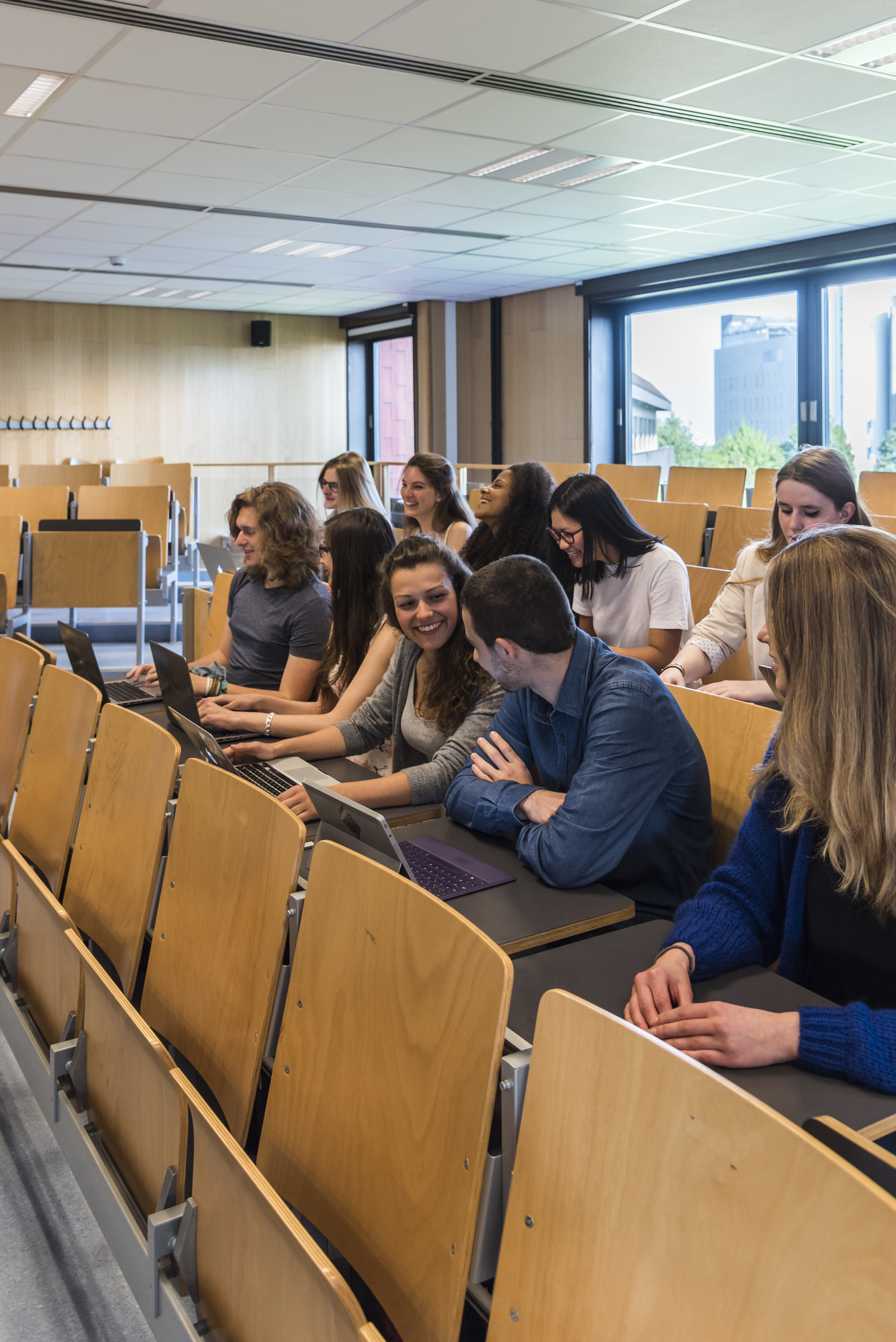-
Share this page
Studying Physics
Studying at the Physics Department
- Bachelor in Physics
-
President of the jury : Simone Napolitano
- Email : simone.napolitano@ulb.be
- Tél : 02 650 57 41
Secretary of the jury : Ioana Codrina Maris
- Email : ioana.maris@ulb.be
- Tél : 02 629 32 26
- Master in Physics
-
President of the jury : Bortolo Mognetti
- Email : bortolo.matteo.mognetti@ulb.be
- Tél : 02 650 57 95
Secretary of the jury : Patricia Losada Perez
- Master of education
-
Contact : Serge Massar
- Email : serge.massar@ulb.be
- Tél : 02 650 54 46
What is physics?
Physics is concerned with the fundamental laws that govern nature. From the atom to the universe, physics explores all observable scales. Our understanding of nature evolves over time, mainly thanks to new discoveries that reveal unexplored areas of knowledge, and to technological developments that make previously unimaginable measurements and investigations possible. Thus, many contemporary sub-fields of physics were unimaginable 50 years ago, such as nanomaterials, organic electronics, chaos,...
How important is physics?
Physics enables us to understand, predict and therefore control matter. Physics and physicists are responsible for the invention of the transistor, the first lasers, the discovery and use of nuclear energy and superconductivity, and all medical imaging applications (nuclear magnetic resonance, scanners, ultrasound, etc.). In terms of models of understanding, physicists have produced the theories of electromagnetism, relativity and quantum mechanics. Their general theories deal with gravitation, nuclear reactions, chemical reactions, energy transfers, light and radiation, the forms of matter and many of the phenomena we witness every day. The theories of physics, invented and developed by physicists, form one of the foundations of scientific knowledge.
What is physics training?
Physics training combines ex-cathedra lectures, directed exercise sessions, practical laboratory work, interactive seminars and the development of personal projects. At the end of their training, students will be able to master the mathematical and/or technological and experimental tools of physics; identify and understand the principles underlying natural phenomena (principles of conservation, symmetries, etc.); understand the laws of nature through their formalization in classical and quantum mechanics, electromagnetism, quantum field theory, special and general relativity, thermodynamics, statistical physics, etc.; conceptualize complex principles and model them; use the fundamental principles of physics to create, innovate and participate in the creation of new knowledge in physics.
-
Take a look at the brochure presenting studies at the Faculty of Science
-
Internship and dissertation topics
-
Internships for secondary school students
